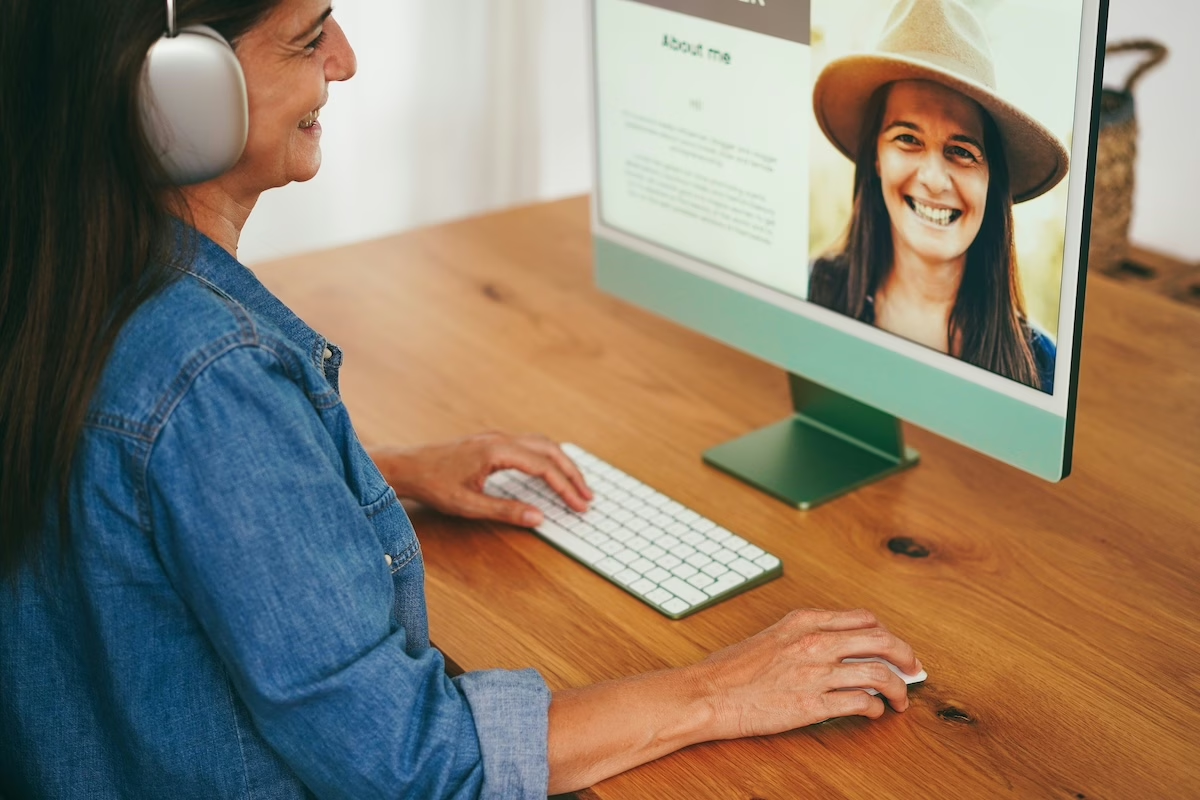In the throes of election season, the atmosphere is often charged with anticipation, stress, and relentless activity. For candidates, campaign staff, and even voters, the intensity can be overwhelming. Amid the whirlwind of debates, canvassing, and media appearances, self-care during an election might seem trivial or indulgent. However, prioritizing self-care during an election is not only important but essential for maintaining mental and physical well-being, ensuring sustained performance, and fostering a healthy democratic process.
Sustaining Mental Health During an Election
Mental health is the cornerstone of effective leadership and decision-making. The pressure to perform, coupled with constant public scrutiny, can lead to significant stress and anxiety for candidates and their teams. Voters, too, can experience emotional fatigue from the barrage of political advertisements and divisive discourse. Engaging in regular self-care practices during an election can help mitigate these effects. Techniques such as mindfulness meditation, deep breathing exercises, and regular physical activity can reduce stress levels and enhance emotional resilience.
Enhancing Physical Well-being During Campaigns
The physical demands of an election campaign are substantial. Long hours, irregular sleep patterns, and unhealthy eating habits can take a toll on the body. Neglecting physical health during an election can lead to burnout, which compromises effectiveness and clarity. Prioritizing adequate rest, maintaining a balanced diet, and incorporating exercise into daily routines are crucial for sustaining energy levels and overall health. Simple practices such as staying hydrated, taking short breaks to stretch, and ensuring a consistent sleep schedule can make a significant difference.
Boosting Cognitive Function for Election Success
Elections require sharp cognitive abilities for strategic planning, critical thinking, and quick decision-making. Chronic stress and fatigue can impair cognitive function, leading to decreased productivity and errors in judgment. Engaging in activities that stimulate the mind, such as reading, puzzles, or creative hobbies, can enhance cognitive flexibility and problem-solving skills. Additionally, taking regular breaks from intense work to relax and unwind helps rejuvenate the mind and improve focus, which is essential for maintaining cognitive function during an election.
Fostering Emotional Balance in Election Season
The emotional highs and lows of an election can be extreme. Candidates face the pressure of public opinion, campaign dynamics, and personal sacrifices. Supporters and voters may grapple with the uncertainty of outcomes and the emotional impact of political discourse. Self-care practices during an election that promote emotional balance are vital. Connecting with loved ones, engaging in hobbies, and setting aside time for relaxation can provide emotional grounding. Moreover, seeking professional support from therapists or counselors can offer a safe space to process emotions and develop coping strategies.
Encouraging Community and Connection in Politics
Self-care during an election is not solely an individual endeavor; it has communal implications. Building a supportive community within campaign teams fosters a culture of care and mutual respect. Regular check-ins, team-building activities, and creating an environment where taking breaks is encouraged can enhance team morale and cohesion. For voters, participating in community events, engaging in constructive dialogues, and supporting each other can create a sense of solidarity and collective well-being.
Promoting Sustainable Activism for Long-term Impact
For many, the passion for political engagement stems from a desire to effect positive change. However, sustaining this passion requires acknowledging the limitations of human endurance. Burnout is a real risk for activists and campaigners who push themselves to the brink. Incorporating self-care during an election as a fundamental aspect of activism ensures that individuals can continue to contribute effectively over the long term. It also sets a precedent for future generations of leaders and activists to prioritize their well-being alongside their advocacy efforts.
In conclusion, self-care during an election is not an ancillary concern but a foundational element of effective participation and leadership. By prioritizing mental and physical health, individuals can sustain their performance, enhance cognitive function, and maintain emotional balance. Encouraging a culture of self-care within campaigns and communities fosters resilience and cohesion. Ultimately, self-care during an election empowers individuals to engage in the democratic process with vitality and purpose, contributing to a healthier and more vibrant society. As we navigate the challenges and opportunities of election seasons, let us remember that taking care of ourselves is an essential part of taking care of our democracy.





